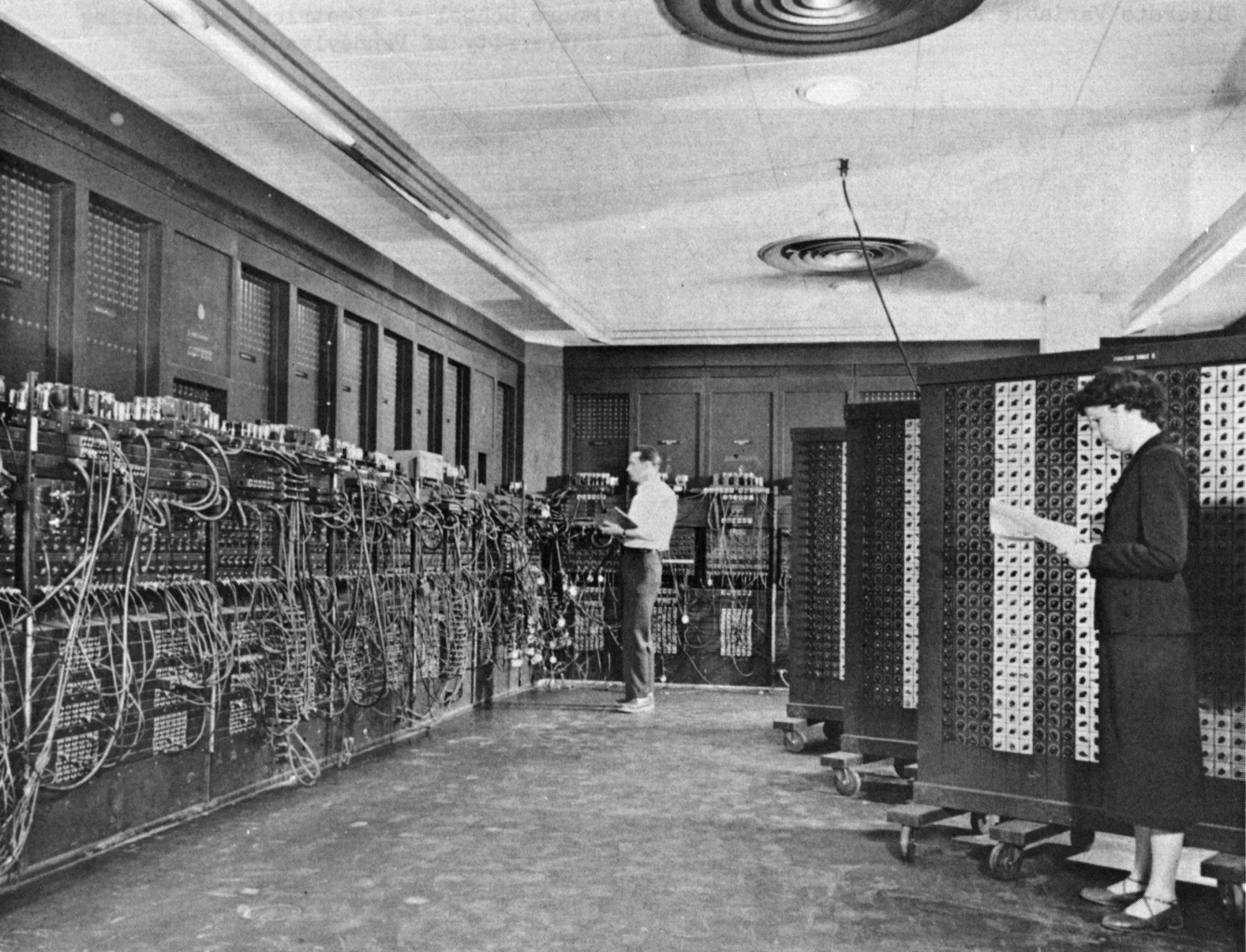Quantum computing will revolutionize problem solving and data processing during the next years or decades.
It is unsure exactly how and when exactly, but there are justifications supporting this opinion.
Why I am confident about the quantum revolution?
It is said quantum computers are only useful for specialized tasks. Optimization, drug simulation and quantum research.
Without understanding that well how quantum algorithms are created, I am confident we will go far beyond that.
Changing binary bits to qubits presenting anything between creates the first computation advantage. Quantum entanglement is another major difference as such “communication” can not practically be achieved with bits.
By the way, quantum computers can solve any problem that traditional ones can. They are just far away being reliable enough.
Quantum computer “just needs to be built”
Quantum physics has been known for around 100 years. The theory was invented by Niels Bohr and Max Planck, but also Albert Einstein had significant role in the story.
The mechanics to manipulate qubits are relatively well known. Now the computer needs to be built and tuned to be reliable.
Are quantum computers replacing laptops?
Does quantum computing make your computer faster? And if it does, what’s the deal? The computers are already fast.
This reminds me about the famous quote from the automobile pioneer Henry Ford:
If I had asked my customers what they wanted they would have said a faster horse.
Point being, quantum computing most likely creates innovation we can not imagine today.
Just like internet went from daunting terminals in research labs to change our everyday live
by WWW in just around 15 years.
At the moment quantum processor would be more descriptive than quantum computer. Quantum computers take their commands and input data from laptops or high performance computers to perform a specialized computation.
Other types of processors than traditional CPUs have gained popularity recently. As a comparison, graphical processing units and tensor processing units have proven their performance in machine learning.
Quantum computers require special conditions
Those who doubt quantum computers say they are too big and require laboratory conditions. They will never work for consumers!
Let’s compare this to ENIAC , the first electrical computer invented 1946:

Then look a recent photo of IQM quantum computers:
Is the situation really that different?
ENIAC was funded by US army. Quantum computers are funded publicly, but also by venture capitals and private investors through stock exchange. There are dozens of companies around the world competing to gain quantum advantage.
It took around 10 minutes to multiply two 10-digit numbers for ENIAC. Simple task for anybody with elementary math skills. Quantum computers are already today able to perform tasks that traditional computers can not.
Quantum computers do not have memory. The calculation is submitted and you get the answer. The results can not be saved in between. Again, that was the case for ENIAC until 1953.
Quantum computers have been blamed to be unreliable as qubits require extremely stable conditions. Well, ENIAC had issues with octal-base radio tubes constantly burning. In 1954, the longest consecutive operation time had been 116 hours.
Quantum computer are seen useful for tasks like drug discovery. Early computers were used to calculate missile trajectories. Did not sound meaningful for everyday usage, yet you know how computers are used today.
Is quantum computing magic?
You could just as well ask if electricity, light bulbs, micro circuits, pocket calculators or computers are magic? Do you understand how any of these work?
Quantum is no more magic than other physical processes. Except for one thing: Entanglement. It means that two particles act as a single system regardless of the physical distance.
Quantum era is not just about the computer
My interest in quantum computers is more focused on software rather than hardware. It is fascinating to already start thinking how quantum computers can solve today’s most complex business problems in a blink of an eye.
Working as a data scientist, I am especially keen to follow and contribute on progress of machine learning and AI capabilities of quantum computing.
However, building a robust quantum computer is still work in progress. The winning hardware and processor architectures are not yet known.
The lower levels of the stack inevitably has implications on which quantum software development frameworks will lead the market.




Write a new comment
The name will be visible. Email will not be published. More about privacy.